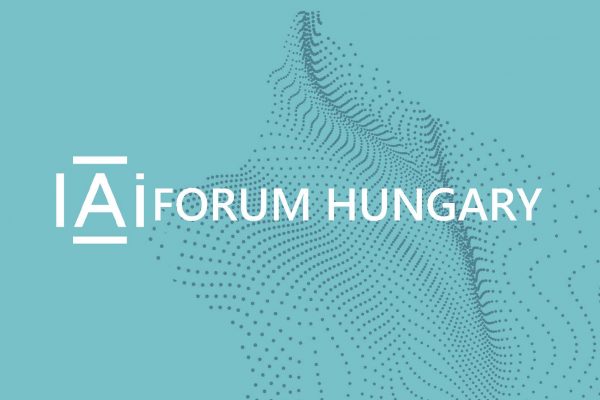A COVID 19 HATÁSA
2020. augusztus 28. – dr. Martony Ágnes Az elmúlt hónapokban sokszor merült fel a kérdés, hogy a Covid-19 járvány hatására milyen változások következnek be a társadalom életében. A bezártság maga, a szokásos rutin felborulása, illetve annak hiánya sokak számára is belátható következményekkel járhat: az emberek pótszerekhez nyúlhatnak.









